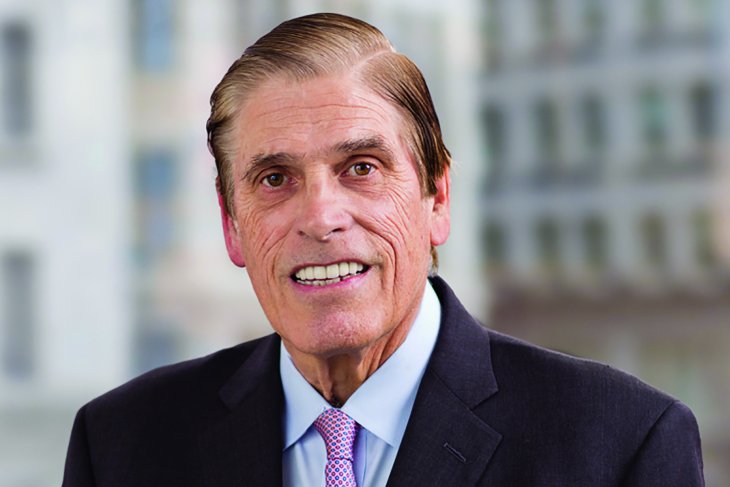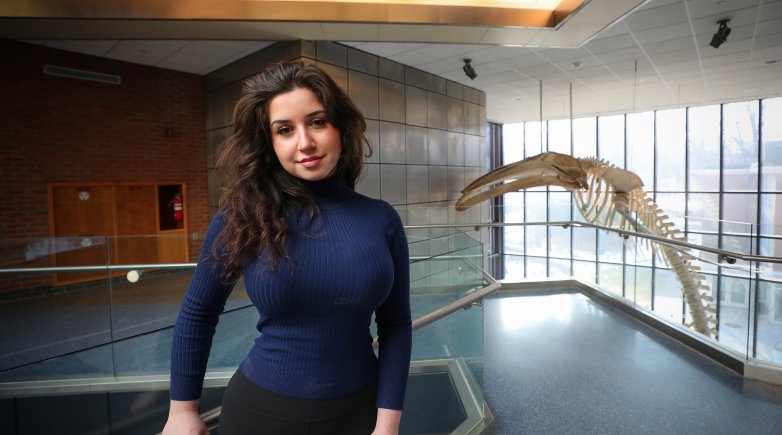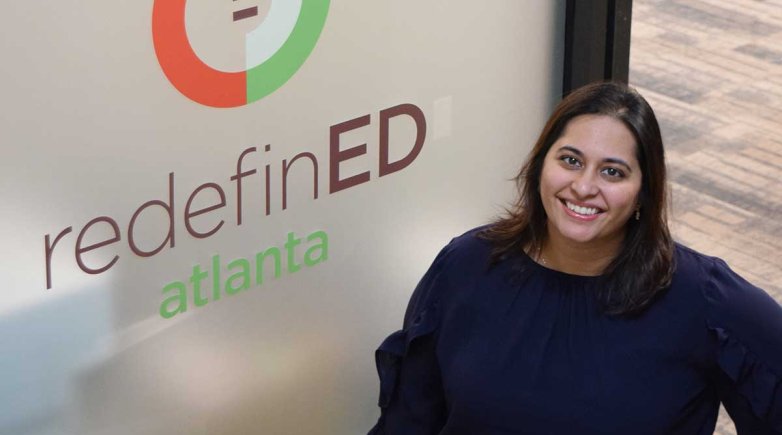Keefe furthered his education at Harvard, then law school. His career began with a two-year position at the Department of Justice in Washington, and truly bloomed at the Boston law firm Hale and Dorr, now WilmerHale. Keefe is a member of the firm’s white-collar defense and investigations practice; has co-chaired the government investigations and litigation group; was a member of the antitrust and trade regulation, environmental, foreign corrupt practices act and securities litigation groups; and served on the banking and financial law and health law committees. He also taught a Harvard Law School advocacy course. He is currently senior counsel in WilmerHale’s litigation/controversy department.
His education and successful career, he acknowledges, gave him a level of financial comfort he had not anticipated. “I always thought that if you wanted to make money you went to business school,” he says with a laugh. “But I’ve been blessed, and I said, ‘What can I do to help the next generation?’” The answer was helping to make education accessible.
Keefe is eager to assist students locally; the financial aid awards he established at Exeter, Harvard and B.C. Law, for example, are intended for Massachusetts residents. But he’s most interested in helping any deserving scholars gain access to a good education, so he set up the awards in an ever-widening circle. If there isn’t a deserving applicant in Massachusetts, the funds are made available to New Englanders, then to students across the country.
Keefe has also widened his philanthropic circle. Since 2015, he has given a considerable amount of time and energy as a volunteer to the Cummings Foundation, based in Woburn, Massachusetts. The organization, valued at $1.5 billion, is, Keefe jokes, “the biggest foundation in Massachusetts that nobody ever heard of.” Cummings provides grants to organizations in Suffolk, Middlesex and Essex counties that focus on education, healthcare, social justice and human services. Keefe started by reviewing hundreds of grant applications; as staff and volunteer numbers grew, he convinced the foundation that site visits would help with funding decisions. That first year, he conducted 20 site visits alone; now 75-plus volunteers take an in-person look at some 375 or more prospective grantees from January to August. They draft reports, which are reviewed by still more volunteers, creating what Keefe proudly says is a democratic grant process.
“I thought I knew everything about this area, and then I started doing this foundation work,” Keefe says. “I learned about all these fantastic nonprofit organizations doing great work in the communities I knew nothing about— organizations that are feeding the hungry, educating the young, housing the homeless, helping people with physical and developmental disabilities. It’s wonderful. I meet people who are doing this day in and day out, helping make these cities better places to live. I leave every site visit uplifted.”
Although the Cummings Foundation originated with a local focus, it also works with programs as far afield as Rwanda, a mindset not unlike Keefe’s approach to supporting local students first. Keefe enjoys connecting with students who have been the recipients of his scholarships, but he’s not looking for special recognition. He just wants to help today’s scholars improve tomorrow.
“What I like about Exeter is they want all the boys and girls to try to do the best they can academically,” he says, “and they expose them to all these ideas and classes and thoughts. By educating young men and women, they’re making not just this area, but the country and the world, a better place to live. They’re sending out well-educated men and women to solve problems."
— Sarah Zobel
Editor's note: This article first appeared in the spring 2023 issue of The Exeter Bulletin.




